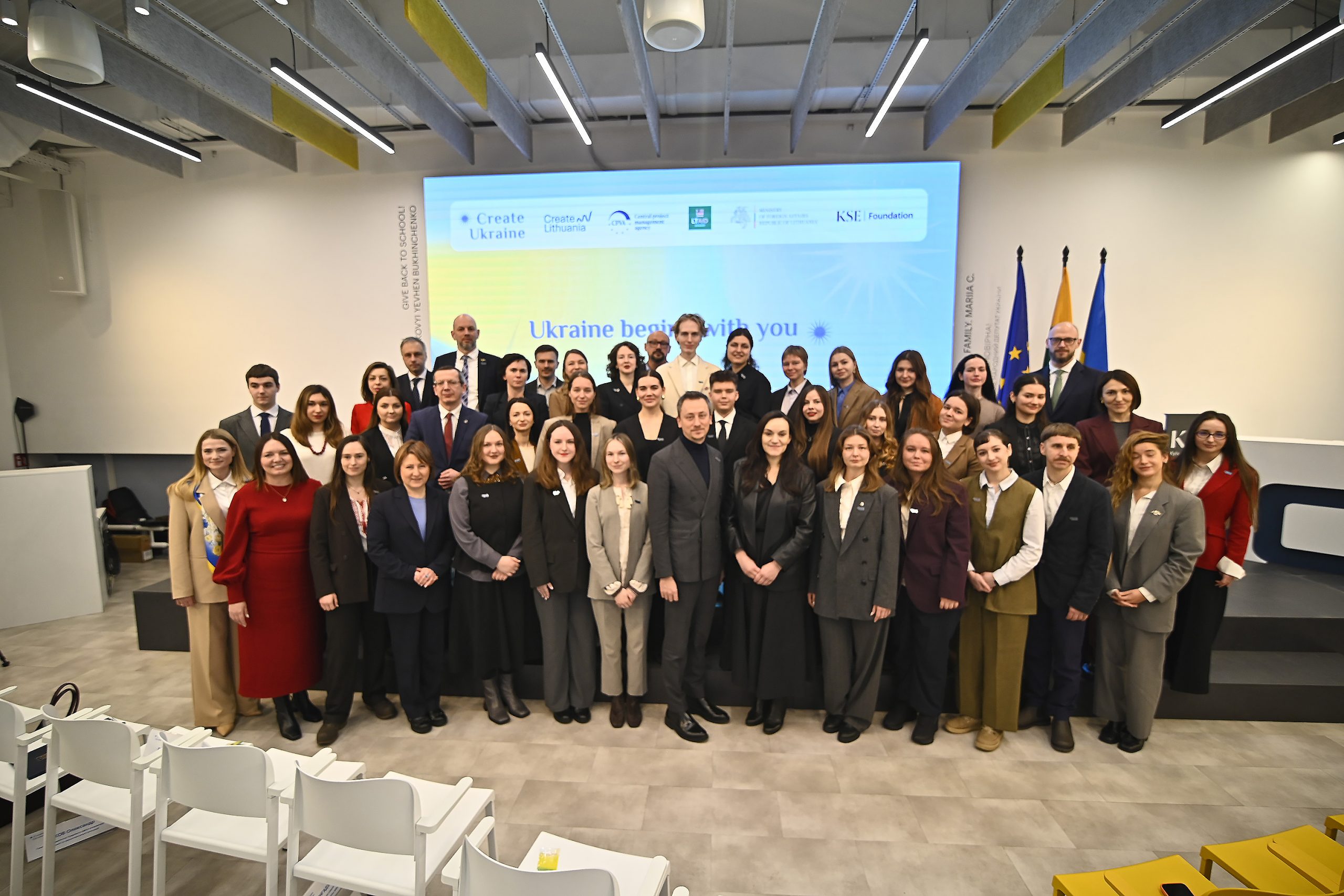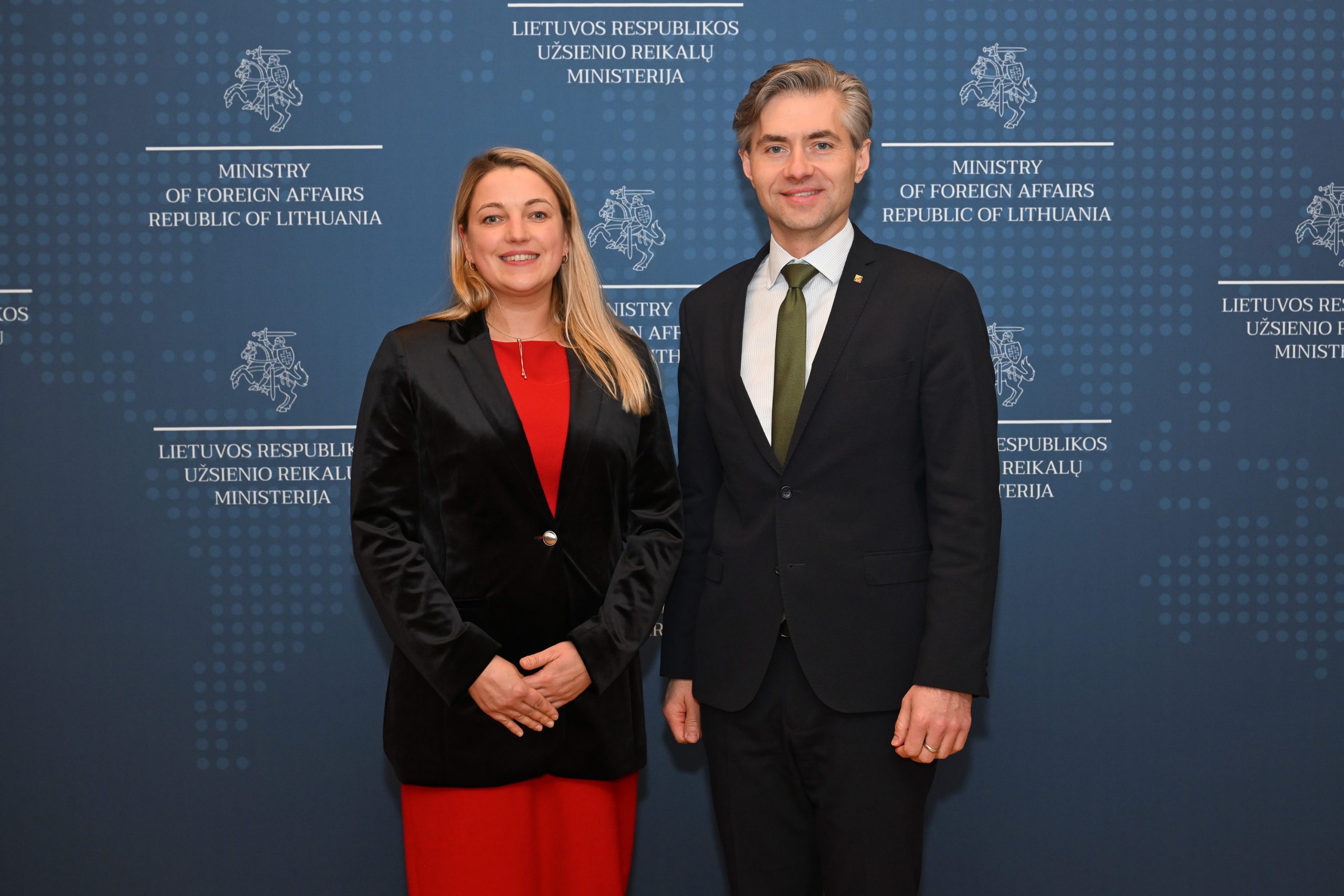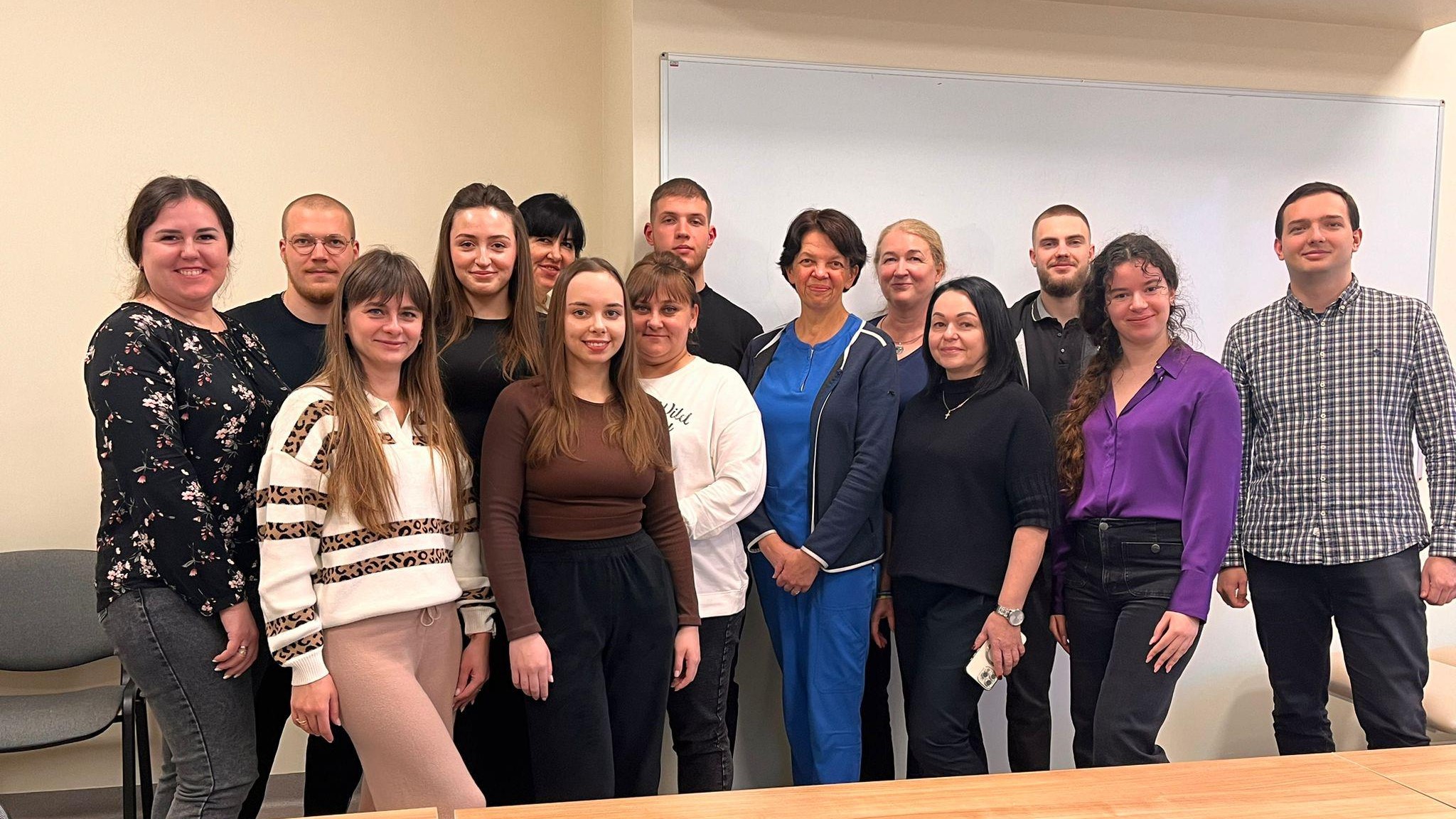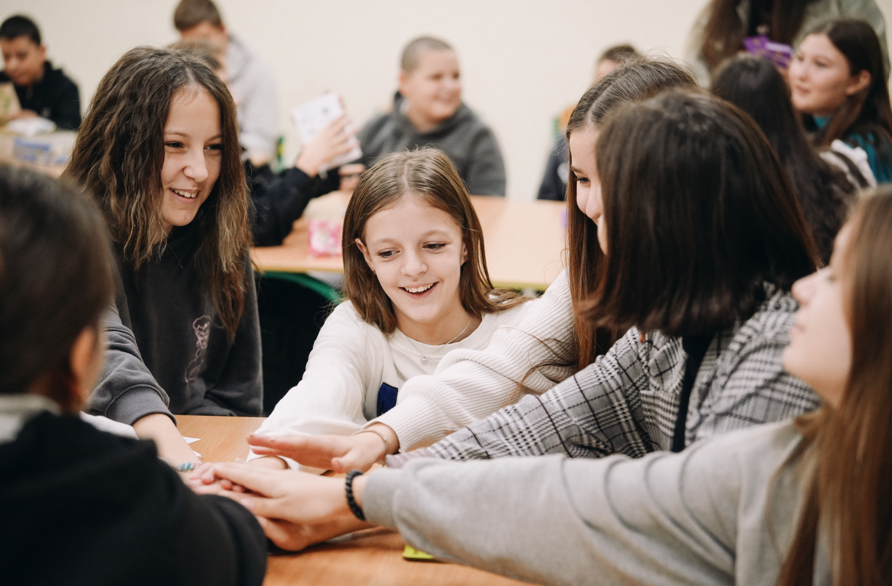For the last five years, the Central Project Management Agency (CPMA) has been ranked among the top five in the European Union for the number of contracted and implemented Twinning projects. The Agency is the only one in Europe to offer Twinning trainings for foreign and Lithuanian public sector institutions. Being active in Twinning project management and know-how sharing in self-organised training courses allows CPMA experts to be the first ones to observe the Twinning trends.
It took half an hour for Ugne Chmeliauskaitė, the Deputy Head of the International Development Cooperation Division of the CPMA, a lecturer in Twinning project training to tell us about the main trends in Twinning programme. She says that, although the number of calls for Twinning projects has been decreasing, demand will stay, as there are no better alternatives to the Twinning programme, which allows institutions to exchange valuable public sector expertise.
You are an active observer and participant in the Twinning “market”. What makes the Twinning Programme special?
The most valuable part of the Twinning is direct cooperation between similar institutions from different countries. It is the only international programme that offers such specific peer-to-peer cooperation. The projects not only allow to share competences and experience between EU countries, but also aim to bring partner countries to more efficient public administration or one step closer to the European Union if we are talking about the Instrument for Pre-accession Assistance (IPA) region.
What Twinning programme trends do you see in the market nowadays?
Public sector expertise is crucial for the development of both – the European Union and its neighboring countries, so it has been upsetting that the popularity of the programme in the partner countries has been decreasing, as well as the number of released fiches. Moreover, countries working with programme notice that the Member States of the European Union have difficulties in finding the experts they need, due to intensive workload back in the home institutions, lack of motivation, remuneration or other reasons. In addition, there are various short-term programmes, such as TAIEX, that are easier for the partner country institutions and experts to participate in, but in my opinion, the benefits they bring are nowhere near the value generated by the Twinning programme.
A pleasing trend is the growing interest in the Twinning training. It has been observed for several years now, not only among Lithuanian institutions, but also among representatives of foreign institutions. We have interest from Latvia, Estonia, Sweden, Finland, France, Italy, Romania, Croatia and other countries, who are participating in the Twinning trainings, not only to get the knowledge in the field, but also to have an opportunity to exchange the practices. Looking at the feedback from the participants of the training sessions, we notice that more and more people are coming to the training sessions, who were recommended to join the course by former participants. This is the greatest appreciation and motivation for us to develop our Twinning project management and training competences.
Has the pandemic affected the implementation of Twinning projects?
It has, indeed. We started implementing Twinning projects and Twinning trainings remotely during the pandemic period. This format is widely used nowadays, but it still has pros and cons – experts, participants don’t have to travel, training providers have less or different organisational work, however we lose an opportunity to work in person, to meet and have a lovely conversations during the coffee breaks and to build a network of Twinning professionals.
What are the most common challenges for Twinning project implementers? What are the most common questions that participants ask during Twinning training?
The most common questions are quite practical. Some of them usually are about project finances – eligibility of expenditures. Many of the participants in the training sessions are new to the Twinning programme – they are implementing their first projects and don’t yet have the know-how to implement the project from the very start, they are curious about reporting and documentation – how it works practically, what are the tips, lessons learned from our side.
Another common discussion is cultural differences and their impact on project implementation. There are certainly challenges here, because, for example, projects in one country will be implemented in a different way than in another.
You mentioned that you are seeing an increase in training on Twinning projects. What is the reason for this?
There are several reasons. Up to our knowledge, CPMA is the only organization providing training on Twinning in the European Union, so institutional representatives who want to learn more about the specificities of designing and implementing Twinning projects take the opportunity offered by the CPMA. The second is the specificity of the Twinning programme conditions. To find out the terms and conditions of the programme, one needs either to read the Twinning manual, which can be around 200 pages, or to attend a training session. Last but certainly not least, it is an opportunity for consultation and problem-solving, as well as a perfect possibility to establish useful contacts for future experience sharing. A good example of this is the meeting with the Estonian and Latvian Development Cooperation agencies that will take place in Vilnius on 14-15 June. The idea of the meeting came during the last remote training where all three countries’ representatives were present.
About the Twinning Programme:
The Twinning Programme is a European Union instrument for cooperation between public administrative authorities in EU Member States and beneficiary or partner countries. It provides Member States’ public administrative authorities with the opportunity to cooperate directly with their counterparts from IPA (Albania, Bosnia and Herzegovina, North Macedonia, Kosovo, Montenegro, Serbia and Turkey) and ENI (Algeria, Egypt, Israel, Jordan, Lebanon, Lebanon, Libya, Morocco, Palestine, Syria, Tunisia, Armenia, Azerbaijan, Belarus, Georgia, Moldova, Ukraine) countries.








